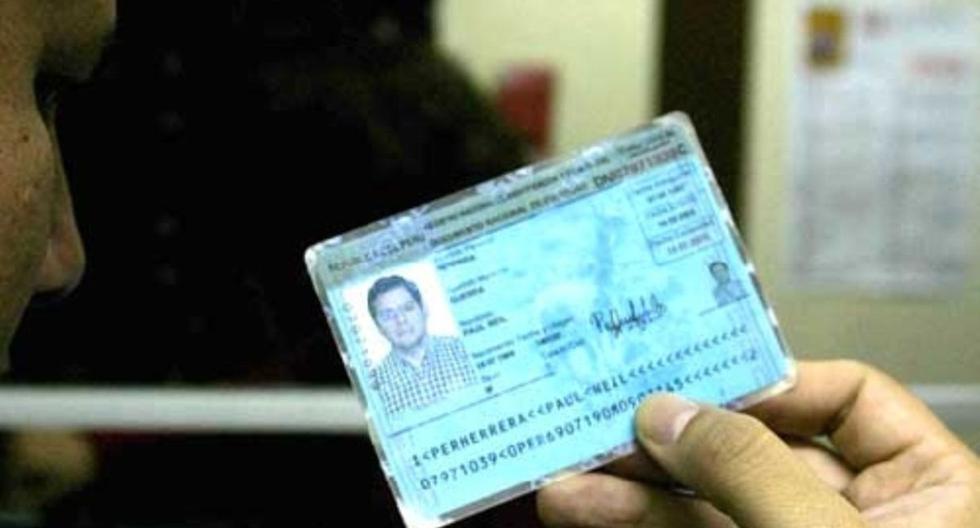The new times have shown that the digital transformation and paradigm shifts are not exclusive to one group of companies. On the contrary, the democratization of digital tools has allowed large and small companies to incorporate new digitization practices into their business models.
Lto electronic invoicing is not alien to this reality. Quite the contrary. It is increasingly current and eloquent, and it is a change that translates into benefits for both the taxpaying company -regardless of its size- and for the State, because it modernizes and optimizes the process.
In the Dominican Republic, the countdown to the implementation of electronic invoicing is mandatory. Starting in 2023, companies will gradually have to adopt the mandatory electronic invoicing standard. Currently, regulatory authorities encourage companies to change their billing models voluntarily, through incentives and free tools. This is how the General Directorate of Internal Taxes (DGII) has made available the Free Electronic Invoicing Biller that allows issuing and receiving e-CF (electronic tax receipts) operating from a computer with internet services, in order to facilitate the process.
“Electronic invoicing is good news that all companies should welcome: large, medium, small and micro. It is normal and natural that in a competitive country, with economic development goals such as the Dominican Republic, there is an aspiration for online, instant and paperless communication between companies and the DGII. This makes the information process more efficient and saves taxpayers in resources and time.”, highlights Gina Lovatón, vice president of Voxel Caribe, the first provider certified by the DGII to issue electronic tax receipts.
The Benefits of electronic invoicing after rule 01-2020 that regulates the issuance of the electronic tax receipt e-CF are: having the documentation in the cloud and not having to send it or save it in physical space, companies eliminate fiscal printers and the sending of data in the forms to the regulatory authority; savings in courier costs and expendable material is considerable; errors are reduced and, consequently, corrective invoices; as well as the time of sending the invoices is reduced. “Added to all this is the immediacy of the process and the efficiency of the administrative team, since all the documents are in order with the acceptance of the DGII, which dissipates that in the future they may have penalties.”, emphasizes Lovatón.
According to the bill, which must be approved by the Legislature for electronic invoicing to be mandatory, taxpayers classified as MSMEs by Law no. 187-17, who have been authorized to issue e-CF in the voluntary period, “will be granted a pecuniary incentive consisting of a tax credit certificate, which may be allocated to any of the following tax obligations of the same fiscal year: Income Tax advances, operational ITBIS, Income Tax and Asset Tax.” This same legislative initiative establishes that, starting in 2023, companies will have to gradually adopt the electronic invoicing standard in a mandatory manner.

















